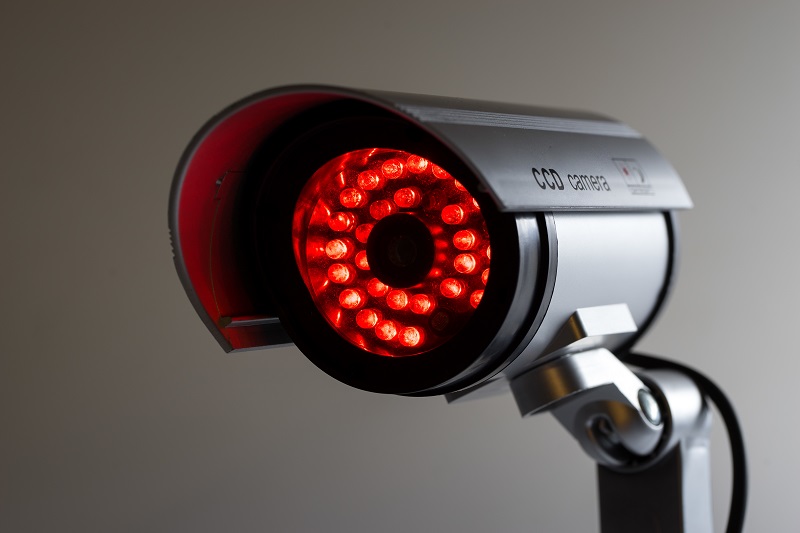Image provided by author.
During the 2020-2021 school year, many schools, including Washington High School, were under quarantine, in order to prevent the spread of COVID-19. As a result, schools began to rely more on technology than ever before. All class and homework as well as testing needed to be done online. Schools were rightfully concerned about cheating, and employed various software to track student activity and monitor students during testing. However, this spyware is part of a trend that has been a growing concern for many over the years.
Quarantine has ended, but the reliance on technology has not. Most teachers still heavily use Google classroom, all of our grades and attendance are done through Infinite Campus, all AP classes have to register through AP Classroom, and even bathroom passes are now digital surveys. A lot of school work and general school activities are tracked and cataloged online by a variety of softwares and companies. Teachers have access to student FUSD accounts, and therefore can read all student emails.
Some do not realize the full extent of the data collected by these companies. Google Classroom for example collects behavioral, geolocation, and personally identifiable data. Infinite Campus does not just collect the data inputted by users (such as name and demographics) but also IP addresses (which could be used to find geographic location), mobile carrier, and any uploaded files. Google says that they do not use data for advertising purposes and Infinite Campus says they use data to improve their services; however, it may still be concerning just how much data they collect. Vlad Vysotsky, a cyber security specialist, says that in general, “personal data is no longer being sold. It is not a great strategy, because people become upset.” He says that instead, data is now collected in order to predict what people will click on with better accuracy, similarly to targeted advertising. There are also concerns about data breaches. Google is a large company and has strict safeguards, but many smaller companies, often used by schools behind the scenes for school or district-wide data organization, may cut corners with security.
Even if our data is completely safe, its collection may still be damaging. For example, Washington Senior Piusha Pandey says she feels surveillance impacted her school experience. “I constantly had to watch myself and it irked me because it felt like somebody always had eyes on me,” she said. However, some students do not mind. Aneeka Sawarkar, a Washington sophomore and Curriculum Director of Girls Who Code, says that the she enjoyed the increase in technology, and did not have a problem with the surveillance that came with it, saying “I understood why it was important for everyone to keep their cameras on and it definitely did not affect my enjoyment of school.”
Personal discomfort is not the only effect. For students in dangerous life situations, surveillance at school may be much worse. According to Vysotsky, “one of the big things getting attention now [in the cybersecurity field] is domestic abuse, because attackers now have a lot of tools to extort these types of things. Victims don’t have very many tools for preventing that kind of abuse.” In the best case scenario students have nothing to worry about, but too many live in conditions where surveillance of their private life, including what they do at school, can be much more harmful.
Olga Vysotsky is a senior at Washington High School. This is her first year at the paper. She was born and raised in Fremont, California. As a journalist, she is interested in covering politics, world affairs, technology, and particularly how they intersect. She is the treasurer of WHS Robotics Club, where she often teaches coding. Outside of tech, she loves to paint, collect coins, and sometimes dabble in calligraphy. Her future plans are to study aerospace engineering at university.

